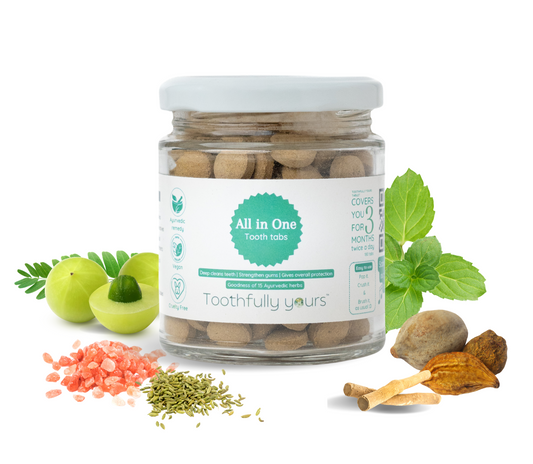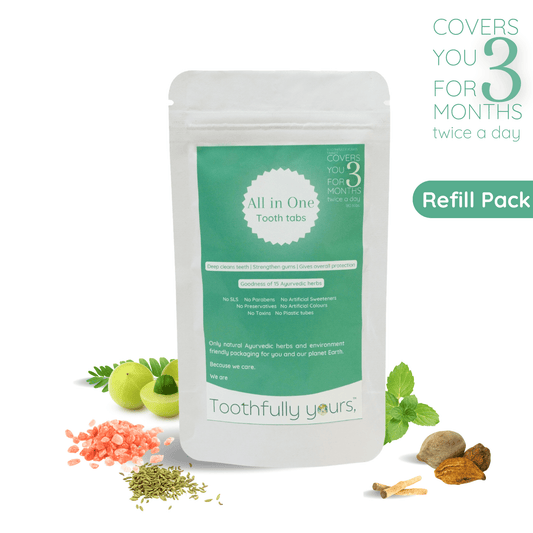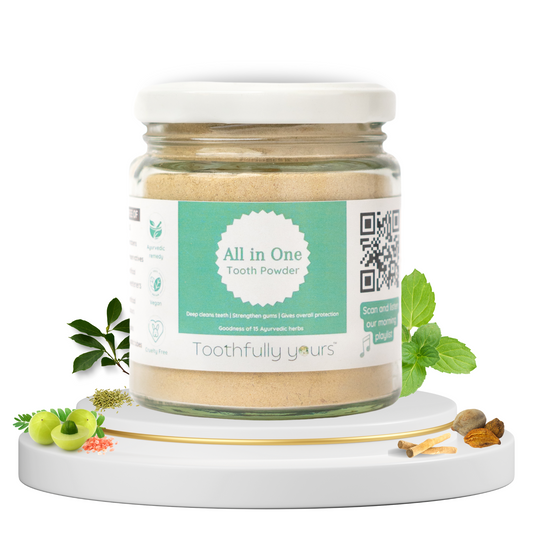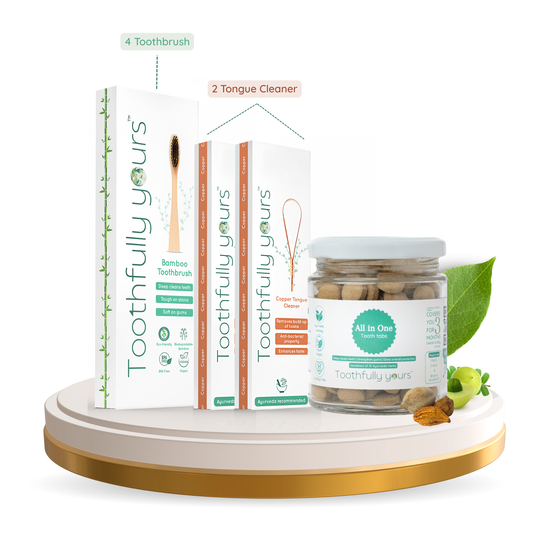
Mouth Ulcers: Causes, Prevention, and Care Tips
Mouth ulcers, also known as canker sores, are painful lesions that develop on the mucous membranes inside the mouth. While they are common and usually harmless, they can cause discomfort and inconvenience. In this comprehensive guide, we will explore the causes of mouth ulcers, how to prevent them, and effective care tips for managing them.
Causes of Mouth Ulcers:
- Trauma: Accidental bites, injuries from sharp foods, or dental appliances can cause trauma to the delicate tissues inside the mouth, leading to the formation of ulcers.
- Stress: Psychological stress or anxiety can weaken the immune system, making the body more susceptible to developing mouth ulcers.
- Nutritional Deficiencies: Deficiencies in essential nutrients like vitamin B12, iron, or folic acid can contribute to the formation of mouth ulcers.
- Food Sensitivities: Certain foods, such as acidic or spicy foods, citrus fruits, or nuts, can irritate the mouth lining and trigger ulcer formation.
- Hormonal Changes: Hormonal fluctuations during menstruation, pregnancy, or menopause may increase the likelihood of developing mouth ulcers.
Prevention of Mouth Ulcers:
- Maintain Oral Hygiene: Brush your teeth twice a day with a soft-bristled toothbrush and Ayurvedic herbs to remove bacteria and food particles that can irritate the mouth.
- Avoid Trigger Foods: Identify and avoid foods that commonly trigger mouth ulcers, such as acidic fruits, spicy foods, and sharp or crunchy snacks.
- Manage Stress: Practice stress-reducing techniques like meditation, yoga, or deep breathing exercises to minimize the impact of stress on your immune system.
- Stay Hydrated: Drink plenty of water throughout the day to keep the mouth tissues moist and prevent dryness, which can contribute to ulcer formation.
- Eat a Balanced Diet: Consume a diet rich in fruits, vegetables, lean proteins, and whole grains to ensure adequate intake of essential nutrients that support oral health.

Care Tips for Mouth Ulcers:
- Maintain Oral Hygiene: Continue to brush and floss gently, but avoid brushing directly over the ulcers to prevent further irritation.
- Rinse with Salt Water: Rinse your mouth with a warm saltwater solution several times a day to soothe the ulcers and promote healing.
- Avoid Irritants: Avoid using alcohol-based mouthwashes, tobacco products, or spicy foods that can aggravate the ulcers and prolong healing.
- Monitor Healing: Most mouth ulcers heal on their own within 1-2 weeks. If the ulcers persist or worsen, consult a dentist or healthcare professional for further evaluation and treatment.
Mouth Ulcers as per Ayurveda:
Mouth ulcers, known as Mukhapaka in Ayurveda, are a common oral health concern that can cause discomfort and inconvenience. According to Ayurveda, the occurrence of mouth ulcers is often attributed to an imbalance in the doshas, particularly Pitta and Vata doshas. When these doshas become aggravated, they can manifest as inflammation and irritation in the oral cavity, leading to the formation of ulcers.
Causes of Mouth Ulcers According to Ayurveda:
- Pitta Imbalance: Excessive heat or acidity in the body, which increases Pitta dosha, can contribute to the development of mouth ulcers. Factors such as consuming spicy, sour, or hot foods, excessive stress, and emotional disturbances can aggravate Pitta dosha.
- Vata Imbalance: Dryness and roughness in the oral cavity, caused by an imbalance in Vata dosha, can also predispose individuals to mouth ulcers. Vata aggravating factors include irregular eating habits, inadequate hydration, and excessive consumption of dry and crunchy foods.
Foods to Avoid According to Ayurveda:
- Spicy and Sour Foods: Foods that are spicy, sour, or excessively hot can further aggravate Pitta dosha and increase inflammation in the oral cavity. It is advisable to avoid foods like chili peppers, citrus fruits, and vinegar.
- Dry and Crunchy Foods: Dry and crunchy foods can exacerbate Vata dosha and contribute to dryness and irritation in the mouth. Foods like popcorn, chips, and hard nuts should be consumed in moderation or avoided during periods of mouth ulcer flare-ups.
Herbs and Remedies in Ayurveda:
- Aloe Vera: Aloe vera gel has cooling and soothing properties that can help alleviate inflammation and discomfort associated with mouth ulcers. Apply fresh aloe vera gel directly to the affected area of the mouth for relief.
- Triphala: Triphala, a traditional Ayurvedic herbal formula consisting of three fruits (amla, haritaki, and bibhitaki), is known for its cleansing and healing properties. Gargling with a decoction of Triphala powder in warm water can help promote oral health and accelerate the healing of mouth ulcers.
- Licorice Root: Licorice root, or Yashtimadhu in Ayurveda, possesses anti-inflammatory and anti-microbial properties that can aid in reducing inflammation and preventing infection in mouth ulcers. Chewing on licorice root sticks or using licorice root powder as a mouthwash can be beneficial.
- Coconut Oil Pulling: Oil pulling with coconut oil is a traditional Ayurvedic practice that can help maintain oral hygiene and alleviate mouth ulcers. Swishing a tablespoon of warm coconut oil in the mouth for 10-15 minutes daily can help reduce inflammation and promote healing.
While mouth ulcers can be uncomfortable, they are typically harmless and resolve on their own with proper care and attention. Additionally, incorporating these Ayurvedic principles and remedies into your daily routine, you can effectively manage mouth ulcers and promote oral health and well-being.
FAQs:
What is the best toothpaste for Mouth Ulcers?
A toothpaste might not be the best way to solve a mouth ulcers. The correct way to treat mouth ulcers is let it heal itself, take precautions by not consuming acidic and hot food and using Aloe Vera gel for cooling. The most important part is to avoid toothpaste which might irritate your ulcers rather than pacifying them. As always we would advise first to check the ingredient list. Ingredient is the king. Avoid ingredients like Sodium Lauryl Sulphate, Potassium Nitrate, Carrageenan, Titanium Dioxide and others which are toxins and could aggravate the condition.
One can always take the Ayurveda route and use herbs like, as mentioned above, like Triphala, Licorice, Mango leaf, Fennel and powder them, mix them with Rock Salt and Turmeric and use it as tooth powder to clean the teeth and maintain the oral hygiene. Or even you can try our All in One Tooth Tabs, which made using 15 Ayurvedic herbs and minerals to give complete protection to your teeth and gums and fight bad breath. Check this guide on how to use tooth tablets?
Takeaway:
Remember to prioritize oral hygiene, maintain a balanced diet, and seek professional help if needed to ensure optimal oral health and well-being.

Oral Care routine your smile deserves.
Ayurveda's remedies with highly effective herbs and nothing else.
Check Now →




